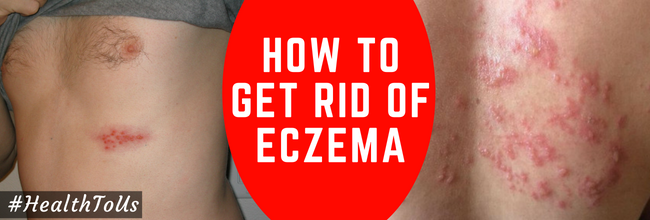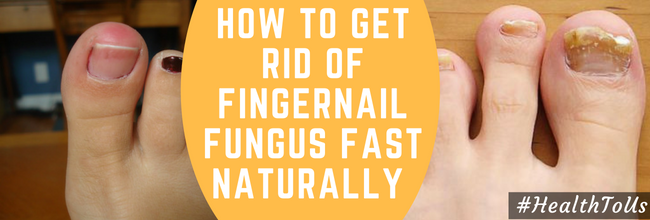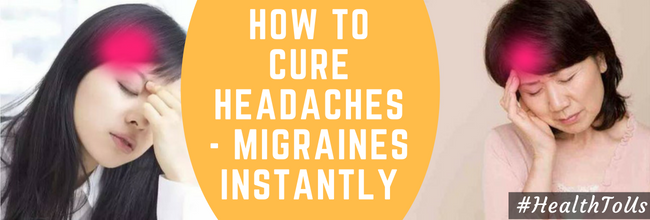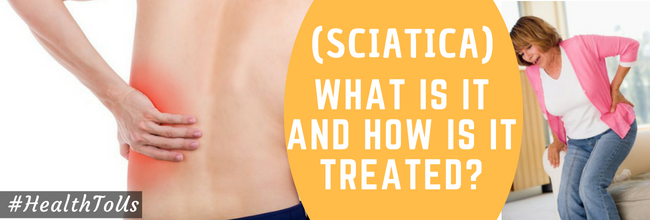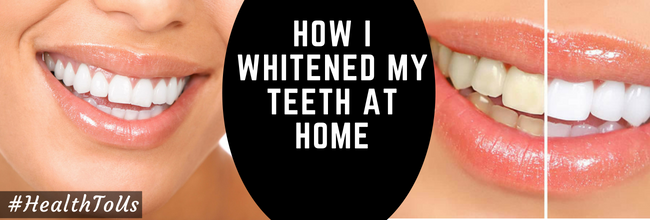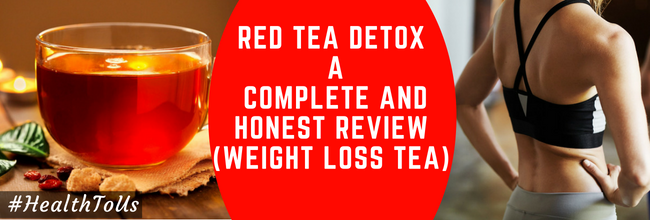Living with a chronic disease is never cheap. And that is certainly true for psoriasis, a condition that produces red, itchy, and sometimes painful patches on your skin. Some of the newer treatments for psoriasis can cost more than $20,000 a year. Depending on your insurance coverage, they may not be within your budget.
But there are simple free things you can do to help control your psoriasis. These strategies, in addition to taking medication, may reduce flare-ups.
Let the sun shine in
“UV light is freely available for everyone, and I think it plays a key role in controlling psoriasis,” says Marian T. McEvoy, MD, a professor of dermatology at the Mayo Clinic in Rochester, Minn.
Psoriasis is caused by overactive white blood cells that accumulate in the skin, causing skin cells to overproduce. Ultraviolet light kills those white blood cells, slowing the overgrowth of skin. Inflammation subsides and scaling and flaking are often reduced.
A 2004 study published in Clinical & Experimental Dermatology found that 60% of psoriasis patients reported improvement with exposure to sunlight. But don’t overdo it. Sunburn can sometimes trigger psoriasis—an effect called the Koebner phenomenon.
Take care with meds
Certain medications can exacerbate or even trigger psoriasis, including lithium (used to treat bipolar disorder), beta-blockers (prescribed for heart problems), and nonsteroidal anti-inflammatory drugs (NSAIDs) such as aspirin.
Sulfonamide drugs, often used to treat urinary tract infections, can have adverse interactions with methotrexate (a commonly prescribed systemic medication for psoriasis), according to Steven Feldman, MD, PhD, a professor of dermatology at Wake Forest University in Winston-Salem, N.C. They can also cause photosensitivity, making you more sensitive to the sun.
Before beginning any new medication, consult your doctor.
Give yourself a manicure
Keeping your nails short and neatly trimmed will prevent you from accidentally nicking your skin. These snags and other injuries to the skin are common causes of psoriasis flare-ups.
Shorter nails do less damage, especially if you’re prone to scratching your psoriasis flare-ups. Longer nails are more likely to pull scales away from underlying skin, creating more inflammation, says Dr. McEvoy.
Try meditation
A study published in Psychosomatic Medicine showed the benefits of meditation: Patients with moderate to severe psoriasis who received phototherapy and simultaneously listened to meditative stress reduction tapes experienced accelerated skin clearing, compared with patients who received phototherapy alone.
Jarrod Taylor, 32, a psoriasis support group leader in Los Angeles, became a believer in the powers of meditation after visiting a spiritual center in Brazil. “Every night I went into myself and focused on my body being clear. Within 10 days, I was 100% clear,” he says.
Most dermatologists agree that the effectiveness of meditation depends on the patient. “Some people are more responsive to meditation. If that’s something that fits with your lifestyle, go for it,” says Dr. McEvoy.
Live as clean as you can
Smoking and heavy drinking aren’t part of a healthy lifestyle, and they’re especially detrimental to people with psoriasis. Smoking increases the risk of developing psoriasis, heavier smoking increases it further, and the risk decreases slowly after quitting, according to a 2007 study published in the American Journal of Medicine.
Studies have found that heavy drinking can exacerbate psoriasis and lower treatment response. Patients on methotrexate should avoid drinking alcohol because the combination can cause liver damage, adds Dr. Feldman.
“When I practice cleaner living, I see remarkable changes in my skin,” says Christine Yuan, 22, a psoriasis patient from Atlanta.
Slim Down
No studies have established a definitive link between nutrition and psoriasis, but the skin condition is an inflammatory disease. Weight loss can decrease levels of C-reactive protein (CRP)—which is produced by the body in response to inflammation—and possibly help with psoriasis flare-ups.
Certain foods, like those high in saturated and trans fats, can cause flare-ups, but it varies from patient to patient. “My advice is to follow a healthy diet,” says Dr. Feldman. “If you find something that makes your psoriasis worse, just stop eating it.”
Shower Smarter
Taking long, hot showers can dry out skin, especially when the weather is cold. Try these tricks to keep skin soft.
• Keep the shower as brief as possible and use lukewarm—not hot—water.
• Switch to less aggressive, moisture-rich soaps, such as those made by Dove and Aveeno, for sensitive skin.
• Gently pat yourself dry to avoid traumatizing or overdrying the skin.
• Apply moisturizer while your skin is still slightly damp.





